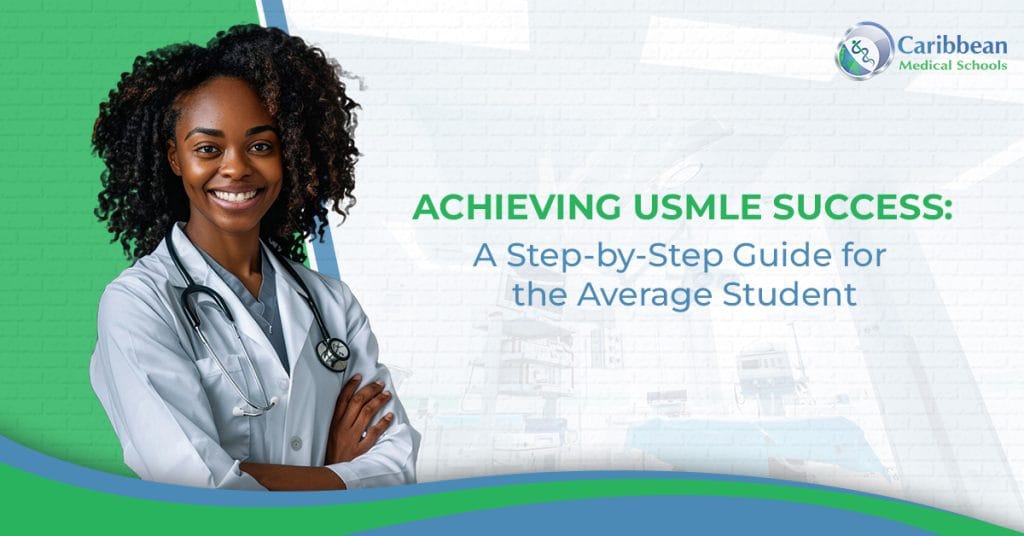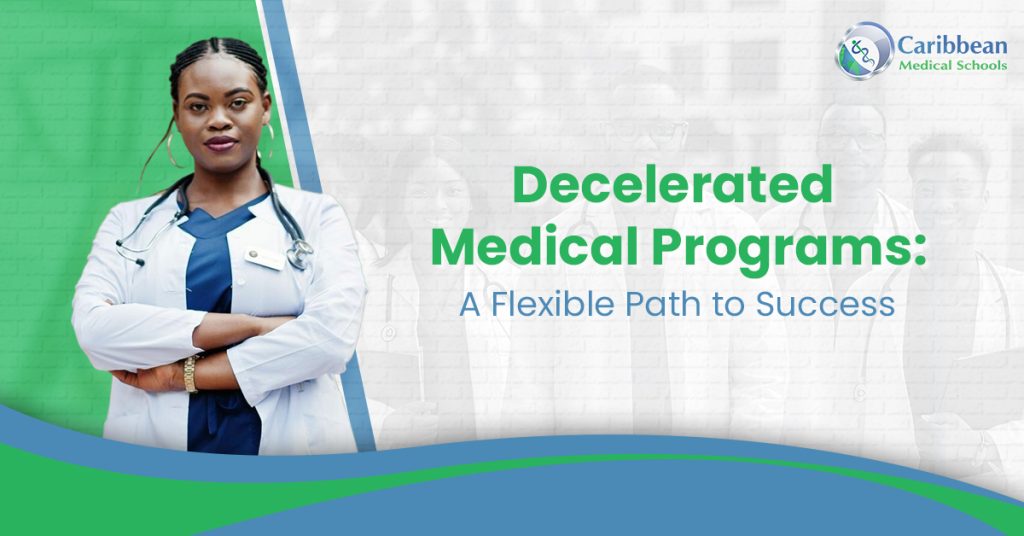Blog Summary
The United States Medical Licensing Exam (USMLE) is no small feat, but with the right approach, even the average student can succeed. This comprehensive guide, often referred to as the USMLE Success Guide, is designed to break down the study process, helping you stay on track, manage stress, and, most importantly, reach your goals. Here’s a step-by-step approach to acing the USMLE, packed with practical advice and actionable steps.
Introduction to the Journey
This is a multi-step exam that evaluates your readiness for a medical career in the United States. From foundational sciences to patient care, it covers the spectrum of medical knowledge and skills you’ll need. Embrace the journey, and let this USMLE Success Guide be your roadmap.
Understanding the Structure
Breaking down each part of the exam—Step 1 (basic sciences), Step 2 CK (clinical knowledge), and Step 3 (advanced application)—helps clarify where to focus your study energy. Every section is essential in showcasing your skills and medical expertise. Knowing these details not only gives you perspective but also informs your approach to each part of the test.
Setting Realistic Expectations and Goals
Setting clear, achievable goals is key for tackling the USMLE. SMART goals (Specific, Measurable, Achievable, Relevant, Time-bound) can keep your study efforts organized and meaningful. Start small by identifying target scores, and incrementally work toward those through disciplined study.
Crafting a Study Schedule that Works
A well-thought-out study schedule tailored to your lifestyle will allow you to prepare consistently and avoid last-minute stress. Make room for flexibility but ensure you’re covering the essentials. Daily and weekly planning helps distribute topics evenly and gives structure to your revision sessions.
Choosing the Right Resources
Quality resources are essential for the prep. Some popular options include First Aid for the USMLE Step 1, UWorld question banks, and Kaplan lecture notes. Additionally, video resources like SketchyMedical and Boards and Beyond offer helpful visual aids that make complex material easier to remember.
The Importance of Practicing with Q-Banks
Q-Banks such as UWorld and Amboss are invaluable tools that mimic real exam conditions. Repeating questions not only strengthens recall but also enhances comprehension of challenging concepts, particularly when you review your mistakes.
Developing Test-Taking Strategies
Adopting test-taking strategies, such as eliminating obviously incorrect answers and managing your time wisely, can improve your score dramatically. Learn to recognize high-yield questions quickly so you can focus on the most critical content first.
Preparing for Each Step
Each step requires a unique approach:
- Step 1: Focus on foundational sciences like anatomy, physiology, and biochemistry.
- Step 2 CK: Emphasize clinical knowledge and patient management.
- Step 3: Prepare to demonstrate real-life decision-making skills.
A customized plan for each section keeps your study sessions targeted and effective.
Focusing on High-Yield Topics
Prioritize topics that frequently appear on the exam. For Step 1, focus on subjects like pathology and pharmacology. For Step 2 CK, internal medicine should be a primary area of study. Maximizing time on high-yield topics increases your odds of success.
Active Learning and Review Techniques
Active learning—like using Anki flashcards or SketchyMedical mnemonics—enhances retention. Using tools that incorporate spaced repetition solidifies knowledge. Consistently testing yourself with these tools is highly effective for long-term retention.
Self-Care and Mental Health During Prep
Preparing for the USMLE can be intense, so don’t overlook self-care. Exercise, sleep, and relaxation activities help you manage stress and maintain focus. Mental and physical well-being are as crucial to your success as your study hours.
Simulating Exam Day
Mock exams help you build test-day resilience. Schedule them at regular intervals and treat them as real exams to reduce anxiety and ensure you’re accustomed to the testing format.
Tracking Progress and Adjusting Strategy
Practice test results reveal your strengths and areas that need improvement. Regularly reviewing scores and adjusting your study plan ensures continuous growth, helping you stay on target as the exam approaches.
Final Review and Practice Tests
In the weeks leading up to the test, shift your focus to full-length practice exams. Aim to simulate the entire exam to build endurance and confidence. Review your results carefully to sharpen any weak areas before the actual test.
Exam Day Tips
On exam day, stick to a simple routine: get enough sleep, eat a balanced breakfast, and avoid cramming. A relaxed mind is more likely to perform well, so prioritize calm and clarity over last-minute study.











